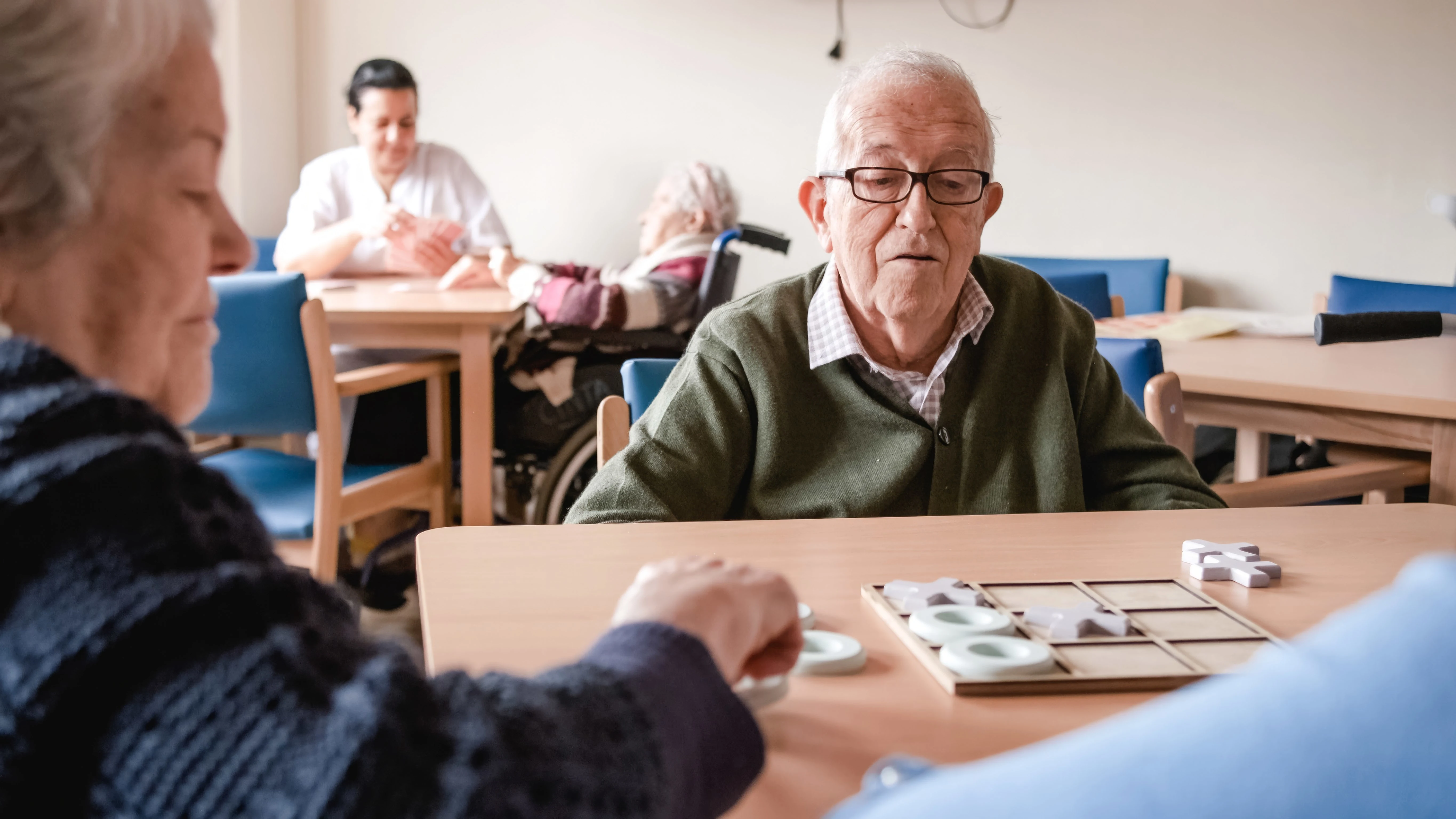What are the 7 Stages of Dementia?
6 monthsDementia doesn’t suddenly appear in someone’s life. It’s a slow mental decline with different levels. It’s totally normal to become worried about Alzheimer’s and other forms of dementia, as they slowly rob a family member’s “true” self beneath the haze. One day, the stove is still on. Another day, their medication remains untouched, or incontinence begins. You can learn about the seven stages of dementia to better prepare. You can also look for helpmates for elderly daycare in Montgomery County, PA, such as SarahCare.
Statistics
Every year, approximately 10 million people receive a dementia diagnosis. That means about 10% of seniors in the US have some form of dementia. The risks increase with age, particularly for individuals over 55, with women experiencing a slightly higher incidence. Each person’s lifespan varies greatly, but with a caregiver involved, you can better track changes. Our in-home assistants are committed to helping not only the patient but also the entire family.
The 7 Stages of Dementia
Clinical assessment can narrow down the stage of dementia a person is experiencing. With this information, a family can better prepare for what’s ahead. Early stages may not be symptomatic, at least not in a highly visible sense. By the time of diagnosis, they’ve typically reached stage 4, on the list below, based on the Global Deterioration Scale
Stage 1:
No apparent memory loss or cognitive decline
Stage 2:
Mild cognitive decline. May forget names and misplace things regularly.
Stage 3:
Continued mild cognitive decline. Forgetfulness increases. Difficulty with concentration and finding the right words. May get lost periodically. This stage usually lasts 2-7 years.
Stage 4:
Moderate cognitive decline. Forgetful of recent events. Difficulty with balancing a checkbook. May leave tasks half done. Some withdrawal from socialization. Continued issues with focus. This stage lasts about 2 years.
Stage 5:
Moderate to severe memory issues. Requires assistance with self-care. Forgets the time, date, addresses, or phone numbers. May not know who they are. This stage lasts, on average, 1.5 years.
Stage 6
Severe cognitive decline. Forgetfulness increases, especially regarding past events. Incontinence. Personality changes. Difficulty speaking. Requires help with daily living activities. This stage lasts from 3 months to 2.5 years.
ADL’s Activities of Daily Living
Activities of daily living are the tasks people perform to maintain their well-being. Medical conditions, such as dementia, affect the mind and body’s ability to perform these tasks. They are bathing, dressing, eating, toileting, transferring, ambulating, grooming, and continence. Home healthcare providers like SarahCare can monitor ADL’s and report changes to physicians and family.
Stage 7:
Late dementia. Little to no communication, loss of motor and ambulation skills. Requires full help with ADLs. The duration of this stage is 1.5 years.
Life Expectancy of Individuals with Dementia
It is not uncommon for people with dementia to live for many years. Among Alzheimer’s patients, the average is 8 – 10 years after they’re diagnosed. Vascular dementia patients have a lower expectancy of about 5 years due to a high risk of heart attack or stroke. With Lewy body Dementia, it’s 6 years, and the Frontotemporal Dementia expectancy is 6-8 years. People with this diagnosis are at risk of falls and prone to infection.
Getting Help
As dementia progresses, it becomes harder and harder for someone to care for themselves completely. It also becomes increasingly difficult for the family to meet all the needs presented. That’s where having adult home care or elder day care becomes a tremendous support for you.
At SarahCare, we provide assistance with health-related issues, including dementia. We have a reputation for being family-centered and providing quality caregivers and community-based services. There is no need for a facility. Your loved one will age in place in the familiarity of their home.
If you’d like to learn more, you can call one of our offices.
Buck’s County, PA 215-543-6020
Mongromery County, PA 215-947-0188
Or Email info@sarahpa.com




